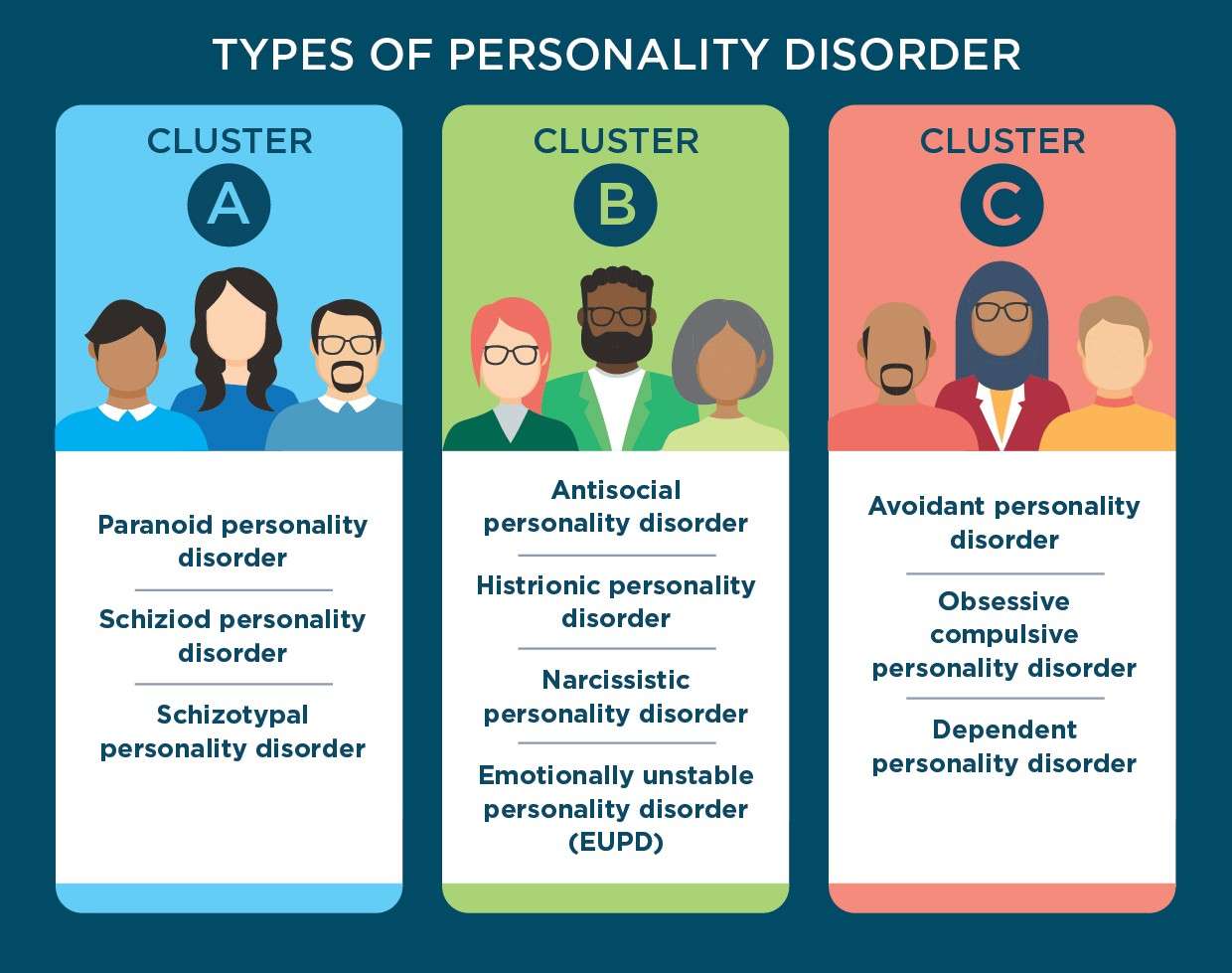8:00 a.m -6:00 p.m
-
-
-
RMZ Ecoworld, Bellandur, Outer Ring Road
8:00 a.m -6:00 p.m
RMZ Ecoworld, Bellandur, Outer Ring Road
Living with BPD?
Our specialised treatment can help you manage your symptoms and regain control of your life.
Take the first step towards support—contact us for personalised treatment today.

Although receiving a personality disorder diagnosis is still debatable, given the subjective nature of the mental illness, it can be helpful to consider the diagnosis as a tool that aids mental health providers in determining the best course of action for support and treatment in order to manage the disorder.
Treatment for personality disorders can help people control their symptoms and lessen the negative effects they have on their life. For instance, according to the National Institute for Health and Care Excellence (NICE), more than half of individuals with emotionally unstable personality disorder (EUPD) no longer fit the criteria five to ten years after being diagnosed, provided they receive the appropriate care.
It's not a life sentence to know you have a personality condition. Getting a diagnosis can motivate you to seek support and develop self-compassion. It can serve as inspiration to help you make better decisions and give yourself the connections you deserve, but it is not a justification for your actions.

Although the exact etiology of personality disorders is still unknown, it is believed that a person's risk of developing a particular personality disorder may be influenced by both hereditary and environmental variables during their early years. For many people, childhood trauma is a significant factor. Whether a person with a personality disorder also has a co-occurring ailment can also be affected by these characteristics.
There are many distinct kinds of personality disorders . Since each one of us has a distinct personality and creating our identities is a complex process. A personality disorder may be brought on by the following experiences as a young person because personality is mostly established throughout childhood, including how you react to others and view the world around you:
A personality problem does not necessarily result from these situations. The impact on your adult mental health and wellness depends on how you respond to and receive help during these trying times. However, in order for your doctors and therapists to better understand your issue and give you the right care and therapy, the reasons of your personality disorder will be examined during personality disorder treatment.


